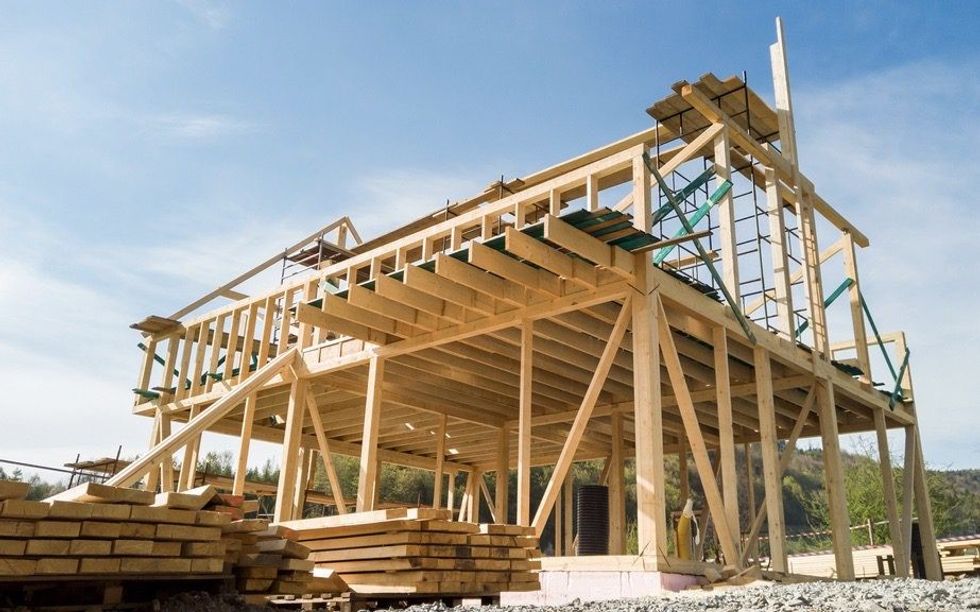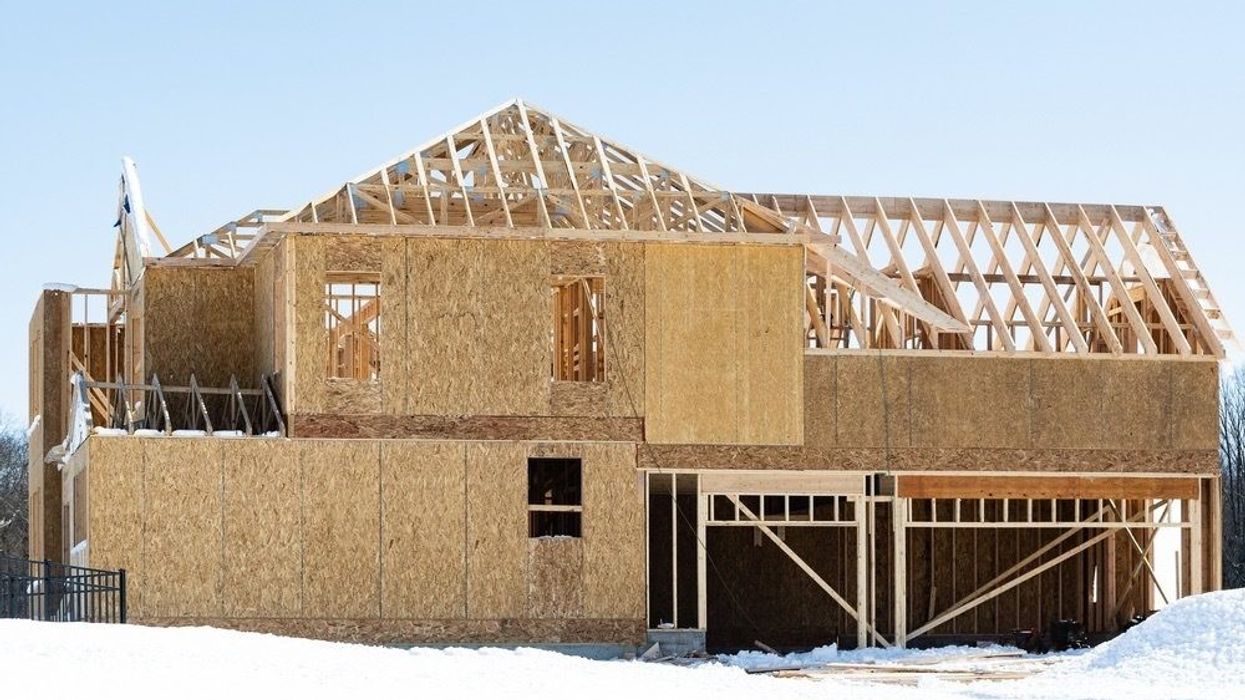Ontario's construction industry is alive and well -- for now, at least.
A new report released earlier this week by the Building Industry and Land Development Association (BILD) reveals that the construction industry is driving economic recovery in Ontario and the Greater Toronto Area (GTA).
But the relentless housing crisis is threatening this highly profitable sector by hiking home up prices, driving families out of the region, and slowing the construction of new homes. And this could have dire impacts on the economy and societal wellbeing, warns the report.
Titled The Construction Industry Driving the GTA Economic Recovery, it quantifies the impact of the residential and non-residential construction sector on the economic vitality of the region. Prepared by Altus Group Economic Consulting, it highlights the jobs, wages, and tax revenues generated from construction activity in the GTA in 2021.
In doing so, the report also highlights what is at risk in the GTA’s housing supply and affordability crisis -- not only for families forced to look outside the GTA confines in search of budget-friendlier homes, but for all of us.
“Over the last five to seven years, we have increasingly seen residents of the GTA, in particular young families, leave the region in order to find housing,” said Dave Wilkes, President & CEO of BILD. “This migration is being driven by declining affordability due to the region’s housing supply crisis. It is not only spreading our affordability challenges across Southern Ontario and undermining the environmental benefits of the GTAH’s Growth Plan, but it also has the potential to harm municipal finances and the region’s economic growth.”

Due to a variety of issues (including incredibly slow approval processes for new builds thanks to no shortage of red tape and incredibly tight supply), the report highlights how adequate housing and workplace supply is falling far behind demand, and this in turn does not allow the region to fully harness the economic benefits, like jobs and taxes, that residential and commercial construction brings to the GTA.
According to the report, in 2021 alone, the construction sector -- including new residential, non-residential, commercial, and repairs -- contributed over $60B to overall economic activity in the GTA, through direct spending and indirect benefits to the economy, including consumer spending by those employed in the sector. The industry’s economic activity helped support more than 235,000 person years of employment and $17B in wages, salaries and employee benefits, according to BILD.
The report also found that total residential and non-residential construction investment accounted for almost 8% of all GDP in Ontario in 2021, and close to half of that construction occurred in the GTA. Construction investment in the GTA accounts for approximately 1.4% of all GDP Canada-wide.
BILD highlights how residential and non-residential construction activity also generates significant tax revenue for all levels of government, which helps to fund services, infrastructure, and programs that benefit all residents. The report estimates that in 2021 the federal government received $2.13 billion in federal income tax, $833M in CPP premiums, and $220M in EI premiums from construction activity in the GTA, not including the federal portion of the HST.
The provincial government received $793M in provincial income tax and $165M in employee health tax, and billions in HST and land transfer tax revenues. Furthermore, municipalities across the GTA receive $1.9B every year in development charges and $216M in parkland cash-in-lieu revenues from the construction of new homes and commercial spaces, not including MLTT revenues in the City of Toronto, highlights BILD.
“We need to broaden our perspective on the potential impacts of today’s housing crisis,” said Mr. Wilkes. “Without fundamental change in the way we plan for housing to meet tomorrow’s growth, we risk adverse effects not only on housing affordability but on our region’s future competitiveness, economic growth, tax revenue and jobs. Now is the time for bold action, or we all will experience the consequences.”
BILD is calling on the provincial and municipal governments to make the planning and approval of new housing projects easier. There is some recent good news on this front, however; work is underway to create a new provincial data standard that will bring equity and efficiency to housing application and approval processes across Ontario.





















